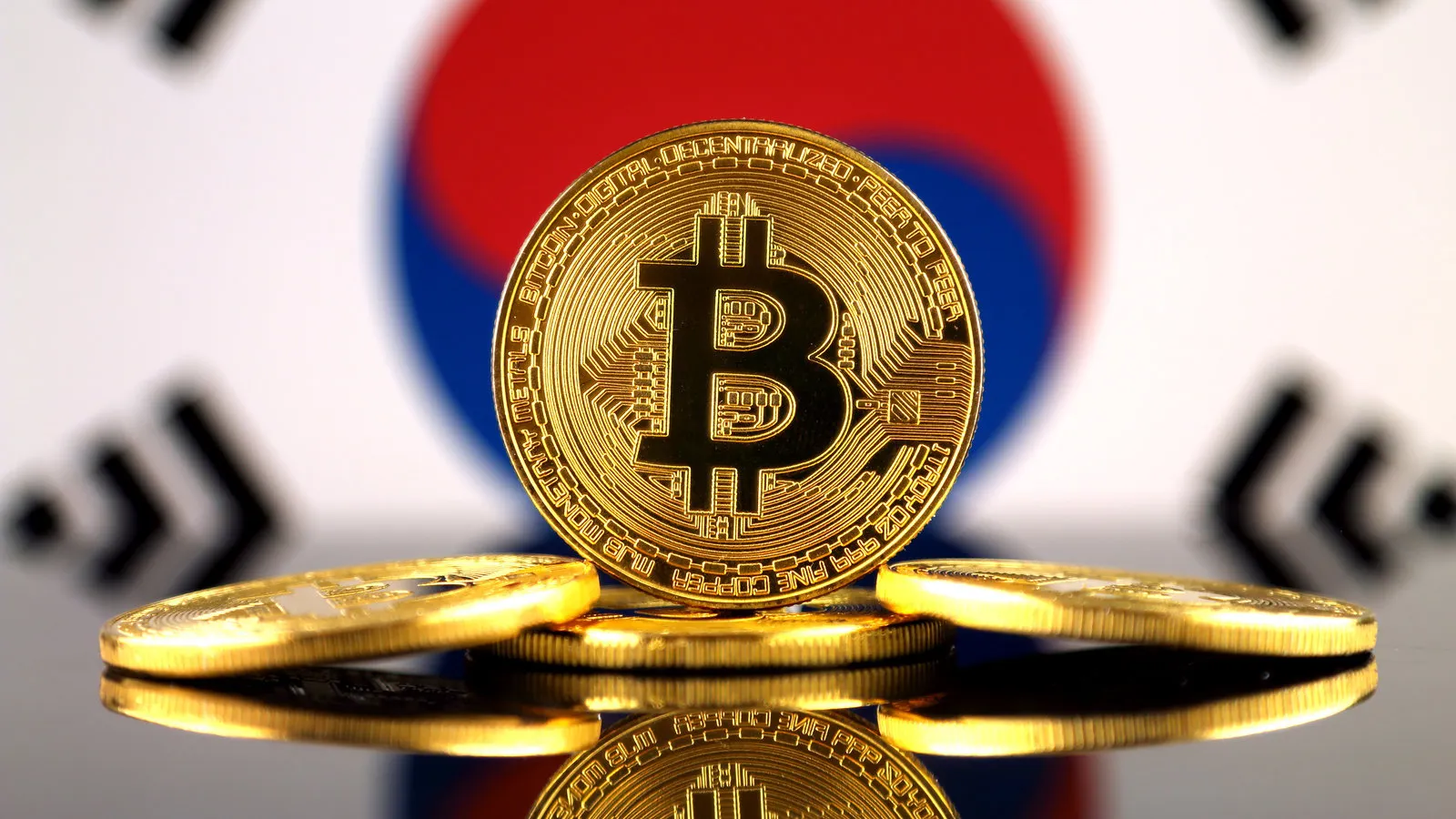South Korean financial experts and opposition politicians urged the country to integrate Bitcoin into its national reserves and develop a won-backed stablecoin at a forum held last Wednesday.
The seminar, hosted at the National Assembly by the main opposition Democratic Party, analyzed potential responses to U.S. moves for a national reserve centered on Bitcoin, according to initial reporting from local media outlet The Korea Herald.
The discussions came a day before President Donald Trump signed an executive order to establish a Bitcoin Reserve and crypto stockpile late Thursday.
By Friday afternoon, the White House hosted its inaugural crypto summit, discussing and outlining the Trump administration’s priorities to “catalyze the crypto Renaissance,” according to a physical document seen by Decrypt senior reporter Sander Lutz.
Decrypt was granted a White House Press Pass to the summit, where Trump delivered remarks to an audience of crypto industry luminaries, including Strategy Chairman Michael Saylor and Coinbase CEO Brian Armstrong.
Meanwhile, in South Korea, lawmakers and executives proposed ways for the country to respond to outcomes of the White House crypto summit.
"South Korea will need to respond with a clear policy," Kim Jong-seung, CEO of blockchain firm xCrypton, said at the event on Wednesday ahead of Trump’s order.
The discussions coincide with growing calls to implement digital asset stockpiles and reserves.
In Asia, Hong Kong has vowed to push the country's burgeoning digital assets sector further.
Japan, also, has an ongoing proposal for a National Bitcoin Reserve, coinciding with efforts by some lawmakers to cut crypto tax in the country.
“Asia in particular is still trying to weigh the impact that broad-ranging tariffs and trade wars will have on interest rates and global liquidity,” Michael Terpin, CEO of venture capital firm Transform Ventures, told Decrypt.
But in South Korea, current regulations prevent non-residents from trading on South Korean crypto exchanges, pushing domestic traders to offshore platforms.
"I think Korea, in general, is slower than most, as we’ve just approved corporate accounts for crypto, and BTC and ETH ETFs are still not allowed to be traded," Min Jung, an analyst at Singapore-based Presto Research, told Decrypt. "It seems like Korea is simply trying to catch up."
Beyond bitcoin reserves, other experts in the forum emphasized the importance of creating a won-backed stablecoin.
Kim warned that without a domestic stablecoin alternative, South Korea risks losing "monetary sovereignty" if USD-pegged stablecoins dominate the digital economy.
"We need to develop a model linking dollar stablecoins and won stablecoins for trade transactions," Kim told attendees.
Rep. Kim Min-seok, who leads the Democratic Party's policy preparation committee, indicated his party would reshape South Korea's crypto regulations if it returns to power.
The country could hold an election in May if President Yoon Suk Yeol's impeachment is confirmed.
Edited by Sebastian Sinclair

